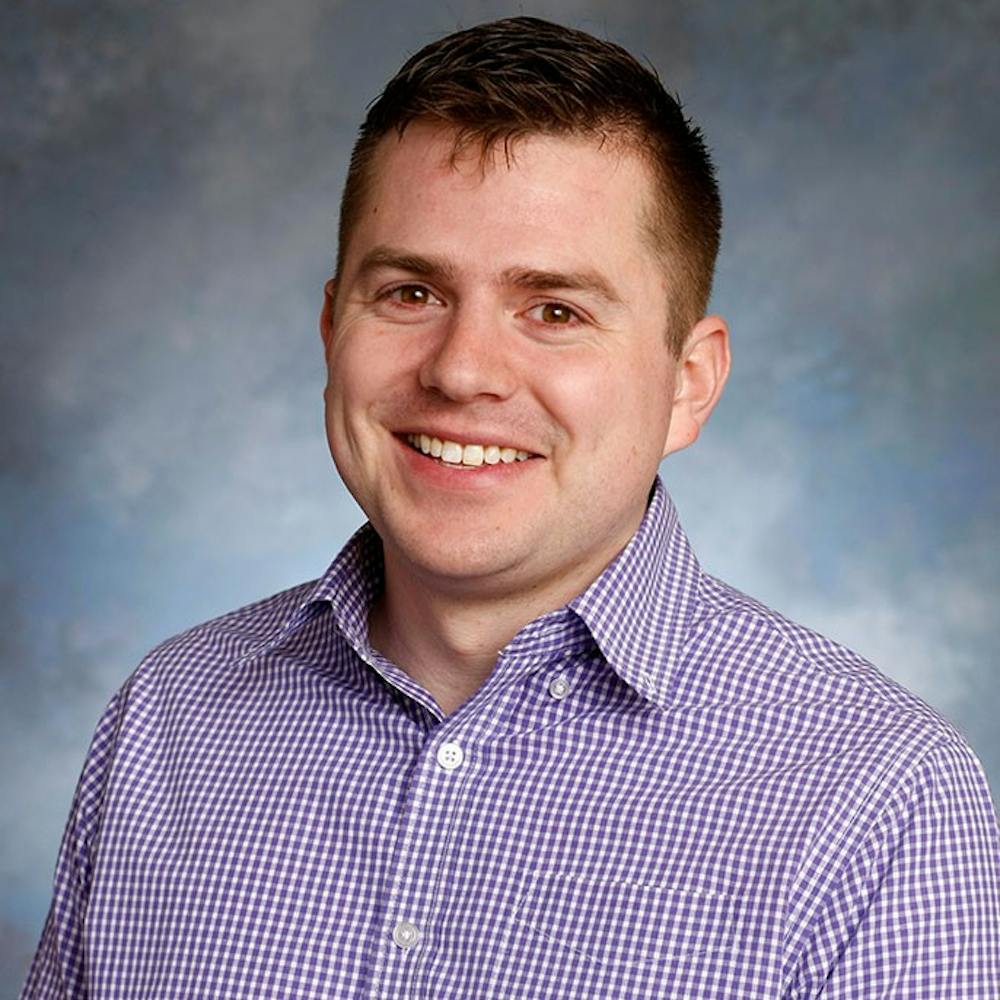There have been a lot of strong emotions after this Wally Awards ceremony Sunday night. I don’t want to take away from this response because we have a right to be angry, upset, and saddened about what happened. In fact, I am glad that so many people are angry, upset, and saddened by what happened Sunday night, because if we were okay with it, then we would have way more work to do. The problem is that when we get so angry at one person, we fail to see how our own actions have led to something like this happening. And that means we aren’t doing the work to make sure this never happens again.
Here are some questions I have for myself:
· Am I taking responsibility for my own thoughts and actions?
· Have I done things in my life to make the world a worse place? A better place?
· What have I been doing as a campus administrator to help promote healthy conversations and actions around sex?
· How have I failed to help University of Portland become a more welcoming and inclusive environment?
Many of you know me as a thoughtful, caring, compassionate, socially justice-minded person. The truth is that I have been awesome at times and at other times I have been hurtful. I remember two years ago when one of my RAs, whose family is Mexican, said he was taking a trip to Mexico, and I immediately asked if he was going to visit family.
No, he was just going on vacation! My assumption was a microaggression that unnecessarily made him feel “different.” Just this past year, I made a comment about what it means to be a “real” man that was very disparaging toward trans men. My wife called me out on the offensive implications of what I had said. These are just a few examples: I know in my life I have said things that were misogynistic, sexist, racist and ableist, and I am sure I will continue to make mistakes throughout my life and need to be reminded again and again to listen and learn.
Because of these terrible things, I have become a better person through a lot of self-reflection and by listening to those I have hurt. I am constantly challenging myself to learn from those things and appreciate it when people who are close to me call me out, even when it’s difficult and I might initially be defensive. And haven’t we all done these types of things to some degree or another, hurting others, whether intentionally or unintentionally? Don’t we all need to look in the mirror?
I would really, really like to think that I would have gotten up at that awards banquet and taken the microphone away, but the truth is that I will never know what I would have done. But it has made me question how I am taking responsibility for my thoughts and actions moving forward. I know that I have the power to make the world a better place. I know that I can do more to help promote healthy conversations around sex and personal violence.
I also know that even if I were at that banquet and I did stand up and take away that microphone, that would not make up for my daily interactions with friends, family, and colleagues where thousands of small indiscretions have happened and I never said anything. Imagine what kind of campus culture we would have now if I had spoken up each of those times. Would that student have felt so compelled to say those things? Imagine if we all did. Would anyone still feel comfortable talking to and about others in ways that are hurtful?
Mike Wode is the Lund family hall director and can be reached at wode@up.edu.








